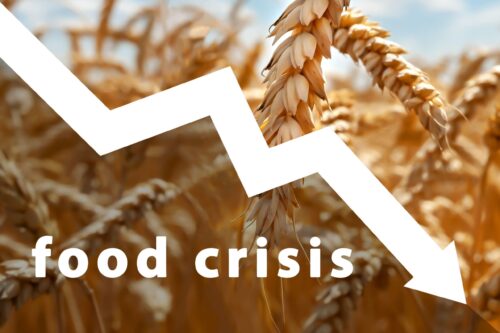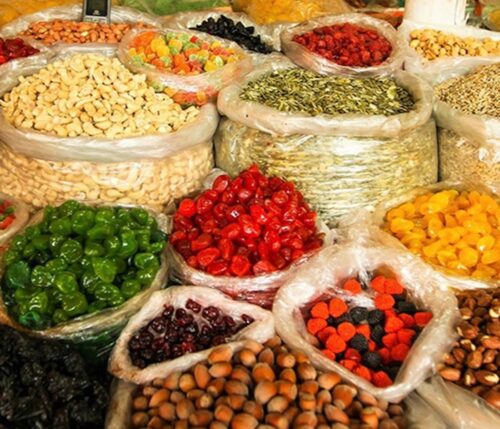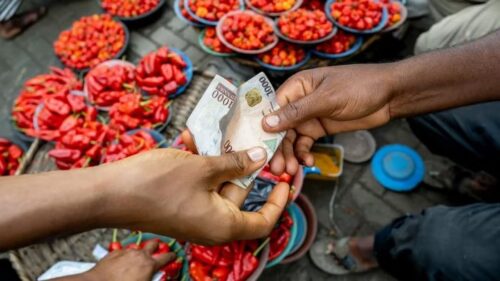
Rising transportation costs in Nigeria are increasing food insecurity, forcing many families to cut back on meals as they struggle to afford basic necessities. With petrol prices surging nearly fivefold in just 22 months, logistics expenses for food traders have escalated between 20 and 100 percent, leading to sharp increases in consumer food prices.
Nigeria has witnessed a dramatic rise in transportation costs over the last seven years. According to SBM Intelligence, interstate bus fares have surged by 403.5%, airfares by 280.7%, and water transport fares by 148.8%. These increases have placed a heavy burden on traders and small businesses that rely on transportation for goods distribution, ultimately raising food prices and straining household budgets.
“The impact on low-income Nigerians is particularly severe. Small businesses and traders reliant on transportation for goods distribution face increased operational costs, leading to higher consumer prices,” SBM Intelligence reported.
Many Nigerian families now face the harsh reality of food insecurity. A food vendor in Lagos’ Ketu Market, shared how rising costs have made it difficult to provide for both her customers and her family.
“As a food vendor with four children, I can barely afford three square meals for my family, let alone keep up with the needs of my customers,” she lamented.
The cost of preparing meals in her small canteen has doubled since early 2024 due to rising prices of staples like rice and beans. “Cooking a pot of stew or vegetable soup now costs over ₦40,000, serving just over 100 customers. The weakened purchasing power is making business unsustainable,” she added. Most of her ingredients—such as rice, yams, groundnut oil, and cassava flour—are sourced from various states, and the increase in fuel prices has more than doubled transport costs, forcing her to explore alternatives.
Petrol prices currently range between ₦800 and ₦900 per liter, with projections indicating an increase to ₦930 per liter as discussions between fuel refiners and the government continue. Market liberalization policies have further deepened economic hardships, pushing more Nigerians into poverty.
According to the National Bureau of Statistics (NBS), 133 million Nigerians are considered multi-dimensionally poor.

“To cook a proper meal for six people now costs at least ₦15,000, and that’s with careful planning,” a Lagos resident responsible for feeding her family explained. Even eating out has become unaffordable, with a single spoon of rice at a local restaurant priced at ₦400, the same as a spoon of beans.
Data from the NBS reports food inflation at 23.51%, a decrease from 39.84% in December 2024, attributed to a rebased Consumer Price Index (CPI) in January 2025. However, prices remain significantly high, making it increasingly difficult for cash-strapped Nigerians to afford staple foods.
Within a year, the price of staple foods for many Nigerians has more than doubled. Even for employed Nigerians, affording a nutritious diet is becoming increasingly difficult.
Samson G. Simon, chief economist at ARKK Economics and Data Limited, highlights that declining disposable incomes make it challenging for most citizens to maintain a healthy diet.
According to the Nigerian Financial Services Market Report, only 2.4 percent of Nigerians earn above ₦200,000 per month, 3.7%earn between ₦150,000 and ₦200,000, 8.3% earn between ₦100,000 and ₦150,000, 19.3% earn between ₦50,000 and ₦100,000, 21.2% earn between ₦35,000 and ₦50,000, 27.8% earn below ₦35,000 and 17.1% of Nigerians are unemployed.
Furthermore, the report indicates that three out of ten workers in Nigeria now spend over 20% of their salary on transportation, further straining their ability to afford basic necessities.
As fuel and transport costs continue to rise, food affordability remains a pressing issue for millions of Nigerians. The increasing financial strain on households emphasizes the urgent need for policy interventions to stabilize prices and ensure food security for vulnerable populations.



